
当前位置: 研招信息首页 > 历年考题(考生回忆版) > 正文
以下是小昭为大家整理的历年英语考题(考生回忆版)及答案解析,希望对即将参加考研的同学们有所帮助。
Section IUse of English
Directions:
Read the following text. Choose the best word(s) for each numbered blank and mark A, B, C or D on the ANSWER SHEET. (10 points)
Could a hug a day keep the doctor away? The answer may be a resounding “yes!” 1 helping you feel close and 2 to people you care about, it turns out that hugs can bring a 3 of health benefits to your body and mind. Believe it or not, a warm embrace might even help you 4 getting sick this winter.
In a recent study 5 over 400 healthy adults, researchers from Carnegie Mellon University in Pennsylvania examined the effects of perceived social support and the receipt of hugs 6 the participants’ susceptibility to developing the common cold after being 7 to the virus. People who perceived greater social support were less likely to come 8 with a cold, and the researchers 9 that the stress-reducing effects of hugging 10 about 32 percent of that beneficial effect. 11 among those who got a cold, the ones who felt greater social support and received more frequent hugs had less severe 12 .
“Hugging protects people who are under stress from the 13 risk for colds that’s usually 14 with stress,” notes Sheldon Cohen, a professor of psychology at Carnegie. Hugging “is a marker of intimacy and helps 15 the feeling that others are there to help 16 difficulty.”
Some experts 17 the stress-reducing, health-related benefits of hugging to the release of oxytocin, often called “the bonding hormone” 18 it promotes attachment in relationships, including that between mothers and their newborn babies. Oxytocin is made primarily in the central lower part of the brain, and some of it is released into the bloodstream. But some of it 19 in the brain, where it 20 mood, behavior and physiology.
前两题请到附件中下载
3.[A] choice[B] view[C] lesson[D] host
4.[A] recall[B] forget[C] avoid[D] keep
5.[A] collecting[B] involving[C] guiding[D] affecting
6.[A] of[B] in[C] at[D] on
7.[A] devoted[B] exposed[C] lost[D] attracted
8.[A] across[B] along[C] down[D] out
9.[A] calculated[B] denied[C] doubted[D] imagined
10.[A] served[B] required[C] restored[D] explained
11.[A] Even[B] Still[C] Rather[D] Thus
12.[A] defeats[B] symptoms[C] tests[D] errors
13.[A] minimized[B] highlighted[C] controlled[D] increased
14.[A] equipped[B] associated[C] presented[D] compared
15.[A] assess[B] moderate[C] generate[D] record
16.[A] in the face of[B] in the form of[C] in the way of[D] in the name of
17.[A] transfer[B] commit[C] attribute[D] return
18.[A] because[B] unless[C] though[D] until
19.[A] emerges[B] vanishes[C] remains[D] decreases
20.[A] experiences[B] combines[C] justifies[D] influences
Section IIReading Comprehension
Part A Directions:
Read the following four texts. Answer the questions below each text by choosing A, B, C or D. Mark your answers on the ANSWER SHEET. (40 points)
Text 1
First two hours, now three hours – this is how far in advance authorities are recommending people show up to catch a domestic flight, at least at some major U.S. airports with increasingly massive security lines.
Americans are willing to tolerate time-consuming security procedures in return for increased safety. The crash of EgyptAir Flight 804, which terrorists may have downed over the Mediterranean Sea, provides another tragic reminder of why. But demanding too much of air travelers or providing too little security in return undermines public support for the process. And it should: Wasted time is a drag on Americans’ economic and private lives, not to mention infuriating.
Last year, the Transportation Security Administration (TSA) found in a secret check that undercover investigators were able to sneak weapons – both fake and real – past airport security nearly every time they tried. Enhanced security measures since then, combined with a rise in airline travel due to the improving economy and low oil prices, have resulted in long waits at major airports such as Chicago’s O’Hare International. It is not yet clear how much more effective airline security has become – but the lines are obvious.
Part of the issue is that the government did not anticipate the steep increase in airline travel, so the TSA is now rushing to get new screeners on the line. Part of the issue is that airports have only so much room for screening lanes. Another factor may be that more people are trying to overpack their carry-on bags to avoid checked-baggage fees, though the airlines strongly dispute this.
There is one step the TSA could take that would not require remodeling airports or rushing to hire: Enroll more people in the PreCheck program. PreCheck is supposed to be a win-win for travelers and the TSA. Passengers who pass a background check are eligible to use expedited screening lanes. This allows the TSA to focus on travelers who are higher risk, saving time for everyone involved. The TSA wants to enroll 25 million people in PreCheck.
It has not gotten anywhere close to that, and one big reason is sticker shock: Passengers must pay $85 every five years to process their background checks. Since the beginning, this price tag has been PreCheck’s fatal flaw. Upcoming reforms might bring the price to a more reasonable level. But Congress should look into doing so directly, by helping to finance PreCheck enrollment or to cut costs in other ways.
The TSA cannot continue diverting resources into underused PreCheck lanes while most of the traveling public suffers in unnecessary lines. It is long past time to make the program work.
21.The crash of EgyptAir Flight 804 is mentioned to
[A]explain American’s tolerance of current security checks.
[B]stress the urgency to strengthen security worldwide.
[C]highlight the necessity of upgrading major U.S. airports.
[D]emphasize the importance of privacy protection.
22.Which of the following contributes to long waits at major airports?
[A]New restrictions on carry-on bags.
[B]The declining efficiency of the TSA.
[C]An increase in the number of travelers.
[D]Frequent unexpected secret checks.
23.The word “expedited” (Line 4, Para. 5) is closest in meaning to
[A]quieter.
[B]cheaper.
[C]wider.
[D]faster.
24.One problem with the PreCheck program is
[A]a dramatic reduction of its scale.
[B]its wrongly-directed implementation.
[C]the government’s reluctance to back it.
[D]an unreasonable price for enrollment.
25.Which of the following would be the best title for the text?
[A]Less Screening for More Safety
[B]PreCheck – a Belated Solution
[C]Getting Stuck in Security Lines
[D]Underused PreCheck Lanes
以上是昭昭西医考研部分考题(考生回忆版)的展示内容,因为内容较多。小昭已经将考题(考生回忆版)全部整理放到附件中(包括答案),请自行点击下载即可使用。
免责声明:本站所提供的内容均来源于网络,如涉及侵权问题,请联系本站管理员予以更改或删除。
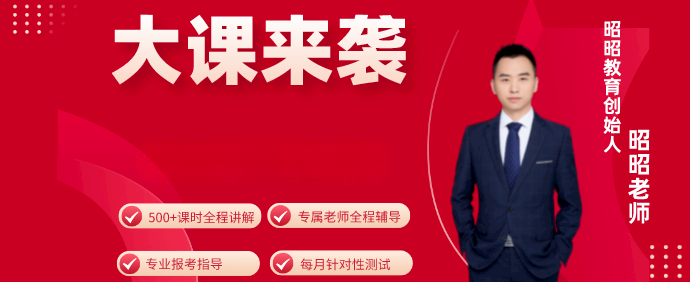

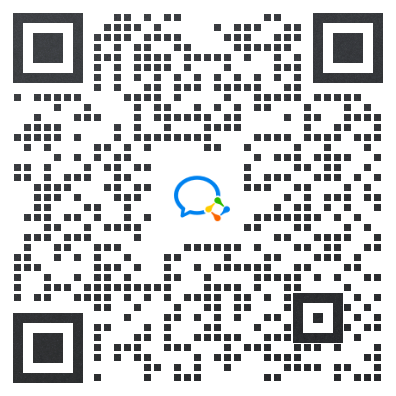 扫码加入
扫码加入
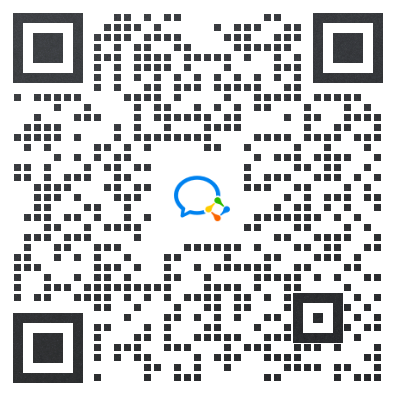 扫码加入
扫码加入
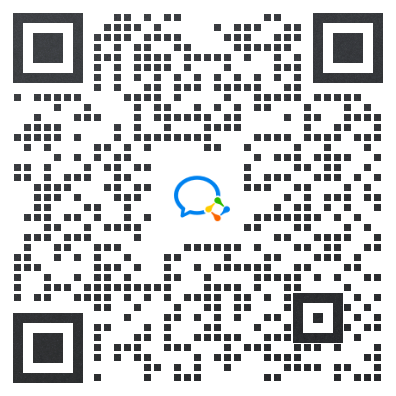 扫码加入
扫码加入
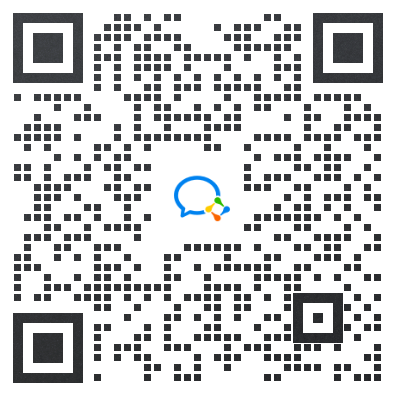 扫码加入
扫码加入
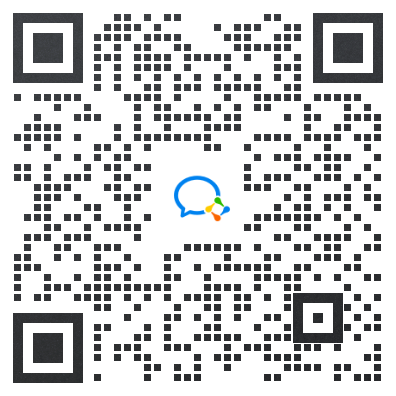 扫码加入
扫码加入
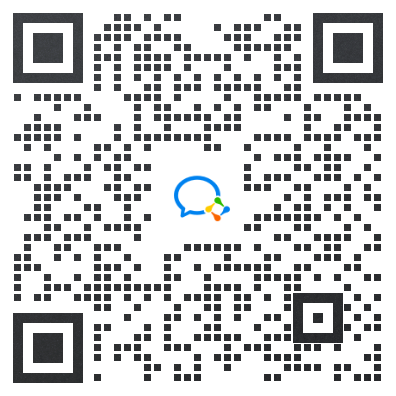 扫码加入
扫码加入

